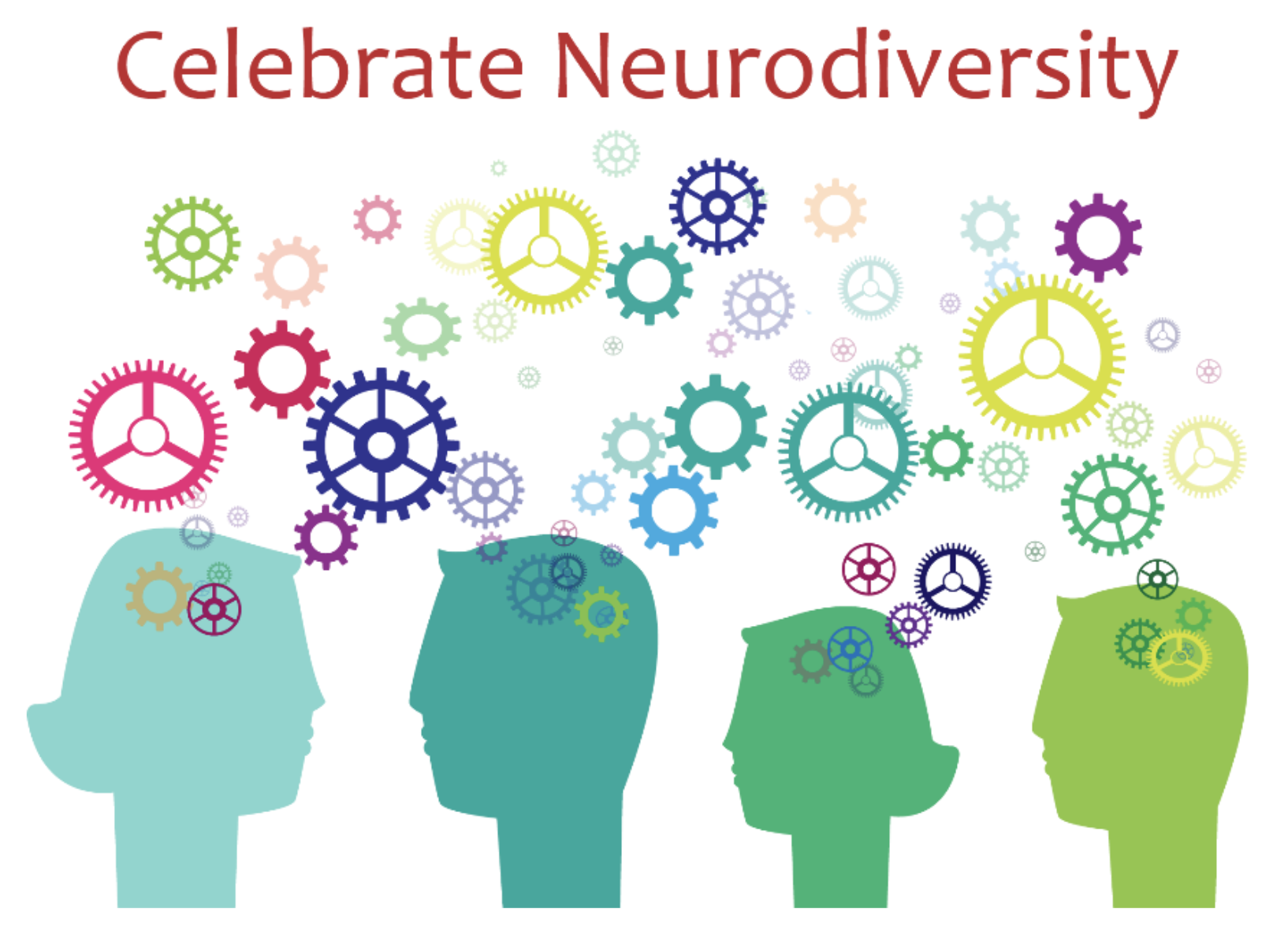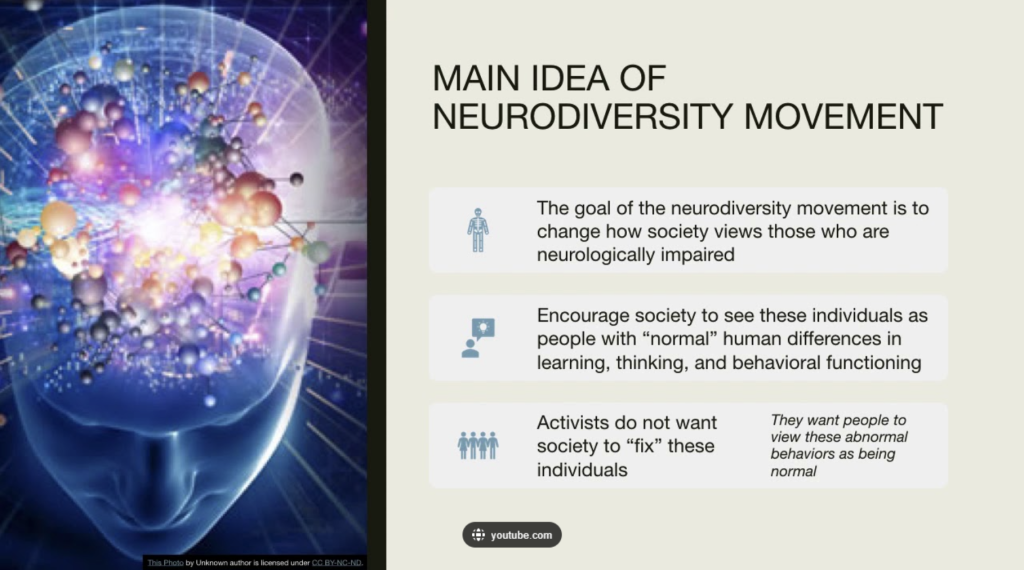
- This event has passed.
Neurodiversity Celebration Month Begins
April 1, 2022 @ 8:00 am - 11:30 pm

April is Neurodiversity Celebration Month
It Takes All Minds!
Every brain is different. People have different learning styles. They react differently. They process experiences differently. This is neurodiversity. Neurodiversity covers a wide spectrum of categories, such as autism, dyspraxia, dyslexia, ADHD (attention deficit hyperactivity disorder), social anxiety disorder, and other differences. Within each of these categories, there is a spectrum of affected behaviors.
- According to the CDC (Centers for Disease Control), in the US, one in every 42 boys and one in every 189 girls born are neurodiverse. Between 2000 and 2018, in the US, the number of 8-year-olds diagnosed with autism increased 150 percent.
- By age 25, many neurodiverse children age out of the system that provides the therapies they need to adjust to our neurotypical world.
At Providence, we want to not just create space for neurodiversity acceptance, but rather, create space for neurodiversity CELEBRATION! Studies show that having a neurodiverse staff benefits the organization and staff. Harvard Health Publishing defines neurodiversity as: “The idea that people experience and interact with the world around them in many different ways; there is no one ‘right’ way of thinking, learning, and behaving, and differences are not viewed as deficits.”
“A neurodiverse employee might also be known as a ‘sensitive striver.’ Characteristics include a highly attuned central nervous system; people are often both highly sensitive and high achieving, with great potential. They need an employer who can see and embrace this potential and make the adjustments necessary. Not only is this in the interest of inclusivity and diversity; hiring neurodiverse employees could bring significant benefits to your organization.” (Find more information HERE)
When creating inclusivity for neurodiverse staff, here are some things to remember:
- Be mindful of tone policing, perceptions and phrasing
- If you come across a potential difficulty with a caregiver, instead of thinking “why are they always so negative and low energy” or “I don’t want to work with, I just don’t have a good relationship with them,” be aware of differences and personalities. Neurodiverse people sometimes have a more neutral personality and monotone voice. In a neurotypical environment, this can be perceived as standoffish, rude, or disinterested. Try not to make any assumptions, and focus more on what they are saying, rather than just how they are saying it.
- Provide quiet spaces/Zen Dens within your work area
- Have a place caregivers can go to reduce stress and decompress from overstimulation and feelings of being overwhelmed. Think of a place with dimmed lights, comfortable seating, calming music, adult coloring books, etc. This is a space beyond a breakroom, which has bright lights and people eating.
- Educate yourself and your team on neurodiversity
- Neurodiversity is more widely discussed and included in workplace DEI (Diversity, Equity, and Inclusion) efforts, and resources are available to educate employers and caregivers alike. Some examples include:
- Neurodiversity Hub: Resources for employers
- EARN: Neurodiversity in the workplace
- Adults learn and absorb information differently, so communicate information using multiple modalities
- During staff meetings, training, 1:1 reviews, and other information sharing sessions, provide resources for different learners. Have handouts prepared to support spoken presentations, record virtual meetings for people who do better at reviewing information for comprehension, provide closed captioning on videos, and allow time for questions and answers.

If you have questions about neurodiversity, please reach out to Diversity, Equity, and Inclusion Committee Lead Brooke Chhina at [email protected]
